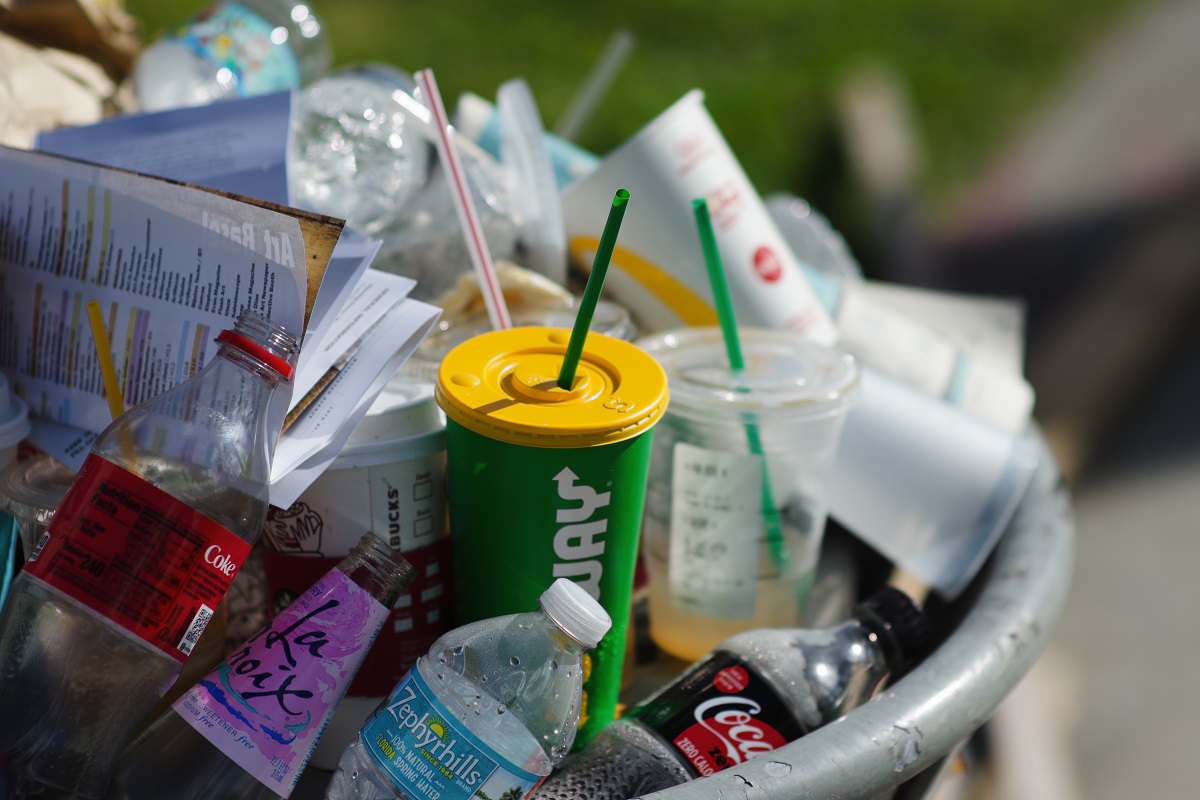Assam to ban single use plastic, water bottles below 1L capacity from October
From October 2 next year, use of drinking water bottles made of PET of less than 2 litres will also be banned.
“The success of the ban will only be possible through effective engagement and concerted actions by all stakeholders and enthusiastic public participation,” the Ministry said.

(Representational Image; Source: iStock)
In a defining step to curb pollution caused by the littered and unmanaged plastic waste, the Ministry for Environment, Forest and Climate Change (MoEF&CC) has announced the ban on the use of ‘single-use plastic’ from July 1, 2022. The ministry has also issued a list mentioning what comprises the items that fall under the banned category.
The ministry has called for effective public participation and cooperation from stakeholders in the industry.
Advertisement
“The success of the ban will only be possible through effective engagement and concerted actions by all stakeholders and enthusiastic public participation,” the Ministry said.
Advertisement
What is Single-Use Plastic?
Single-use plastic, often known as disposable plastic, is the plastic items that are complete waste after single use. The problem with these kinds of plastic items is that they are non-biodegradable, and it takes them centuries to break down naturally in the environment, and mass production of such items can cause adverse impacts on both terrestrial and aquatic ecosystems.
What kind of items are banned?
The list of banned items includes – earbuds with plastic sticks, plastic sticks for balloons, plastic flags, candy sticks, ice-cream sticks, polystyrene (Thermocol) for decoration, plastic plates, cups, glasses, cutlery such as forks, spoons, knives, straw, trays, wrapping or packaging films around sweet boxes, invitation cards, cigarette packets, plastic or PVC banners less than 100 micron, stirrers.
What is the significance of this step?
In line with the clarion call given by Prime Minister Narendra Modi, to phase out single-use plastic items by 2022, this step is to introduce a complete ban on ‘single-use plastic’ items from July 1st.
Addressing pollution due to single-use plastic items has become an important environmental challenge confronting all countries.
In the 4th United Nations Environment Assembly (UNEA) held in 2019, India had piloted a resolution on addressing single-use plastic product pollution, recognizing the urgent need for the global community to focus on this very important issue. The adoption of this resolution at UNEA-4 was a significant step. In the recently concluded 5th UNEA session in March 2022, India engaged constructively with all member states to develop a consensus on the resolution for driving global action on plastic pollution.
What are the rules associated with this ban on SUP?
The Plastic Waste Management Amendment Rules, 2021, prohibits the manufacture, import, stocking, distribution, sale and use of plastic carry bags having a thickness less than 75 microns with effect from 30th September 2021, and having a thickness less than the thickness of one 120 microns with effect from the 31 December 2022.
The Ministry of Environment, Forest and Climate Change has also notified the Guidelines on Extended Producers Responsibility on plastic packaging as Plastic Waste Management Amendment Rules, 2022 on 16th February 2022.
As per the Extended Producer Responsibility (EPR), it is the responsibility of a producer for the environmentally sound management of the product until the end of its life. The Guidelines will provide a framework to strengthen the circular economy of plastic packaging waste, promote the development of new alternatives to plastic packaging and provide the next steps for moving towards sustainable plastic packaging by businesses.
Advertisement